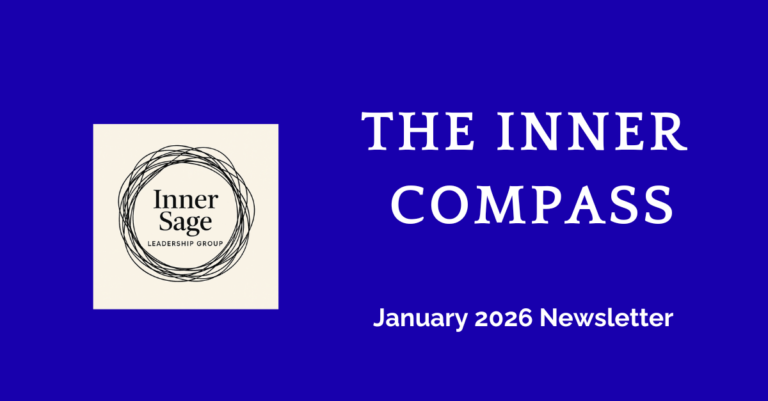You’re Not Too Emotional. You’re Under-Informed.
What High-Performing Leaders Know About Emotions
A few years ago, I interviewed a school principal named Elena. She had been promoted quickly—recognized for her sharp thinking and calm under pressure. But during one particularly volatile year, things shifted. She found herself snapping at colleagues. Avoiding difficult conversations. Over-apologizing in staff meetings.
“I thought I was losing my edge,” she told me. “But the truth is, I was overwhelmed. I just didn’t know what to do with everything I was feeling.”
What Elena didn’t realize at the time is something neuroscience has confirmed:
Emotions aren’t noise to be silenced. They’re data to be decoded. And when leaders ignore that data, they miss critical insight about themselves and the people they’re leading.
The Problem with “Too Emotional”
For decades, leadership culture praised composure and objectivity. Emotional expressions were framed as distractions, at best, or as unprofessional, at worst. But in recent years, psychologists and leadership researchers have begun telling a different story. In 2001, psychologist Lisa Feldman Barrett showed that emotions are not hardwired reactions, but constructed experiences—formed by how we interpret what’s happening around us. This means our emotions are shaped by context, past experience, and meaning-making. They’re not irrational; they’re informative.
Additionally, Daniel Goleman’s foundational work on emotional intelligence made it clear:
Leaders who are emotionally attuned outperform those who aren’t. They build more trust, resolve conflict more effectively, and retain top performers at significantly higher rates than other leaders.
Emotions Are a Signal System
Think of emotions like the dashboard of a car. When a warning light comes on, it doesn’t mean the vehicle is broken. It means something needs attention. The same is true for frustration, anxiety, guilt, or resentment.
- Frustration might mean you’re facing a blocked goal.
- Resentment might point to an imbalance in effort and reward.
- Anxiety often signals uncertainty or lack of control.
- Guilt can arise when your actions don’t align with your values.
In each case, the emotion is telling you something important—if you’re willing to listen.
Why Most Leaders Miss the Message
Let’s go back to Elena. Her “out-of-character” behavior wasn’t a sign she was broken. It was a sign that something needed to change.
But she didn’t have a practice of listening to her emotions. Like most high-achieving leaders, she had been trained to push through discomfort, not explore it. When she paused to examine what her emotions were trying to say, she realized:
- She was taking on work that should’ve been delegated.
- She was avoiding conflict to maintain harmony, but at the cost of clarity.
- She had been ignoring her own need for rest, reflection, and deeper support.
Once she recognized those unmet needs, her emotional reactivity began to fade. Her leadership became more grounded. And her staff became more capable and stable.
Build a Loop for Emotions
What can leaders like you learn from this? In Charles Duhigg’s habit loop terms:
Cue → Craving → Response → Reward
Emotions often act as the cue. But if we never build a helpful response, we never reach a meaningful reward, like clarity, insight, or meaningful change.
Here’s how to build a helpful loop:
- Recognize the cue. Notice the tension, irritation, shutdown, or inner swirl. Don’t dismiss it—flag it.
- Get curious. Ask: What’s the unmet need here? Is it clarity? Rest? Respect? Belonging? Control?
- Respond wisely. Once you understand the need, you can take action—clarify the scope, schedule a reset, set a boundary, and ask for help.
- Notice the reward. The reward isn’t “feeling better.” It’s leading better, with less reactivity and more intention.
The Takeaway
You’re not too emotional. You’re under-informed. Emotions are a built-in intelligence system, not a liability. And when leaders learn to interpret them as signals to decode, they gain a powerful strategic edge. Effective leaders listen to their emotions and act on them with purpose.
Want to build your emotional agility?
Ask for our complimentary Leadership Needs Inventory or connect with Inner Sage for tools that decode emotions into insight and impact. innersagecoach@gmail.com
#LeadershipHabits #EmotionalIntelligence #LeadershipDevelopment #DecisionMaking #SelfAwareness #InnerSageLeadership







